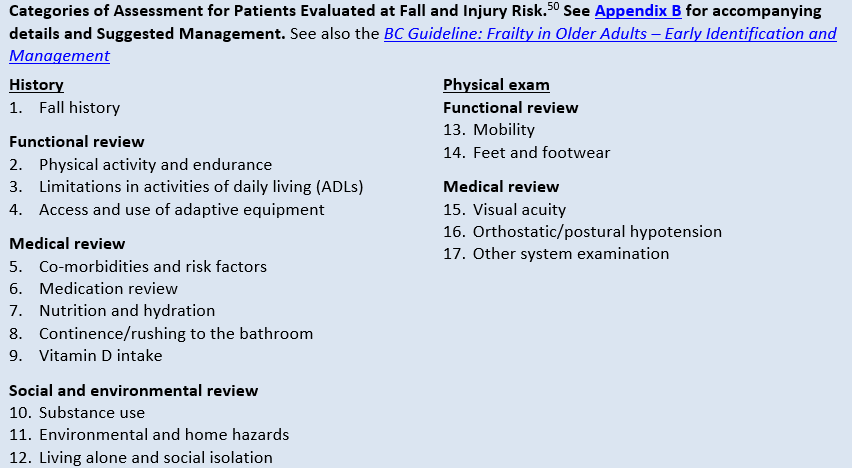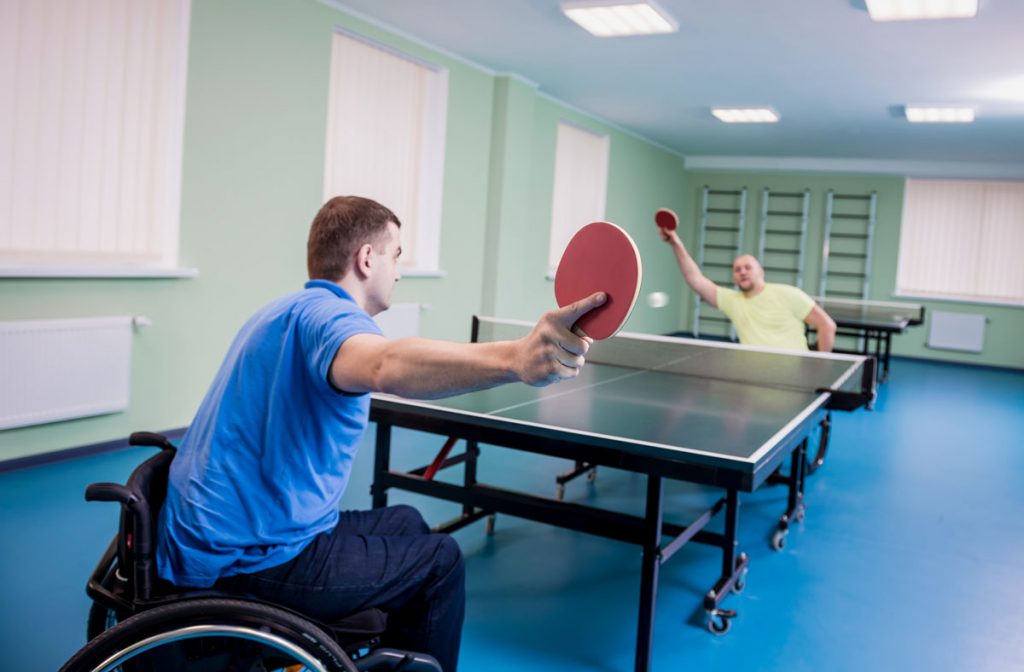About Dementia Fall Risk
About Dementia Fall Risk
Blog Article
Fascination About Dementia Fall Risk
Table of ContentsGetting My Dementia Fall Risk To WorkDementia Fall Risk for BeginnersExcitement About Dementia Fall RiskThe smart Trick of Dementia Fall Risk That Nobody is DiscussingNot known Details About Dementia Fall Risk
Guarantee that there is an assigned location in your medical charting system where staff can document/reference scores and record relevant notes associated to drop avoidance. The Johns Hopkins Fall Risk Assessment Device is one of lots of devices your personnel can make use of to assist protect against negative medical occasions.Person drops in hospitals are common and incapacitating unfavorable occasions that continue regardless of decades of initiative to lessen them. Improving interaction across the analyzing registered nurse, treatment group, patient, and individual's most included loved ones might strengthen fall prevention initiatives. A team at Brigham and Female's Health center in Boston, Massachusetts, looked for to create a standardized fall prevention program that focused around enhanced communication and person and household interaction.

The development group stressed that effective application depends on patient and personnel buy-in, integration of the program into existing workflows, and fidelity to program procedures. The group noted that they are coming to grips with exactly how to ensure connection in program implementation during durations of situation. Throughout the COVID-19 pandemic, as an example, an increase in inpatient drops was associated with constraints in person involvement in addition to limitations on visitation.
The Of Dementia Fall Risk
These incidents are typically taken into consideration preventable. To execute the treatment, organizations require the following: Access to Fall TIPS sources Loss pointers training and re-training for nursing and non-nursing personnel, consisting of new registered nurses Nursing operations that allow for patient and family interaction to perform the falls analysis, make sure use the prevention strategy, and conduct patient-level audits.
The outcomes can be very damaging, typically speeding up patient decline and triggering longer medical facility stays. One study approximated stays increased an added 12 in-patient days after a client fall. The Autumn TIPS Program is based on engaging individuals and their family/loved ones throughout three major processes: evaluation, customized preventative interventions, and auditing to ensure that individuals are taken part in the three-step fall avoidance procedure.
The person assessment is based on the Morse Loss Range, which is a validated fall threat analysis tool for in-patient health center settings. The over here range consists of the six most typical reasons clients in health centers fall: the patient loss background, high-risk problems (consisting of polypharmacy), use of IVs and other external devices, psychological status, stride, and wheelchair.
Each risk factor relate to several actionable evidence-based treatments. The registered nurse produces a plan that integrates the interventions and is visible to the treatment group, client, and family on a laminated poster or published aesthetic aid. Nurses create the plan while satisfying with the client and the patient's household.
Dementia Fall Risk Things To Know Before You Buy
The poster works as an interaction device with other participants of the individual's care group. Dementia Fall Risk. The audit part of the program includes examining the individual's expertise of their danger variables and avoidance plan at the system and health center levels. Registered nurse champs conduct a minimum of 5 specific interviews a month with patients and their families to check for understanding of the autumn prevention plan

An estimated 30% of these falls result in injuries, which can range in seriousness. Unlike other negative events that call for a standardized clinical action, fall avoidance depends very on the requirements of the person.
About Dementia Fall Risk

Based upon bookkeeping results, one site had 86% conformity and two sites had more than 95% conformity. A cost-benefit evaluation of the Fall ideas program in 8 medical facilities approximated that the program price $0.88 per patient to execute and caused cost savings of $8,500 per 1000 patient-days in straight prices related to the prevention of 567 drops over 3 years and 8 months.
According to useful content the development group, companies interested in executing the program must perform a preparedness assessment and falls avoidance gaps analysis. 8 Furthermore, companies must make certain the necessary infrastructure and workflows for application and develop an application plan. If one exists, the organization's Autumn Prevention Task Force ought to be included in preparation.
A Biased View of Dementia Fall Risk
To start, companies must guarantee conclusion of training components by registered nurses and nursing aides - Dementia Fall Risk. Hospital staff ought to evaluate, based upon the requirements of a health center, whether to use an electronic health document hard copy or paper variation of the loss prevention plan. Applying teams should recruit and educate nurse champions and develop procedures for auditing and reporting on loss information
Personnel need to be included in the process of upgrading the workflow to involve individuals and family members in the analysis and prevention plan process. Solution should be in area so that devices can understand why a fall happened and remediate the reason. A lot more specifically, registered nurses should have networks to offer recurring comments to both staff and device leadership so they can change and improve fall avoidance process and connect systemic problems.
Report this page